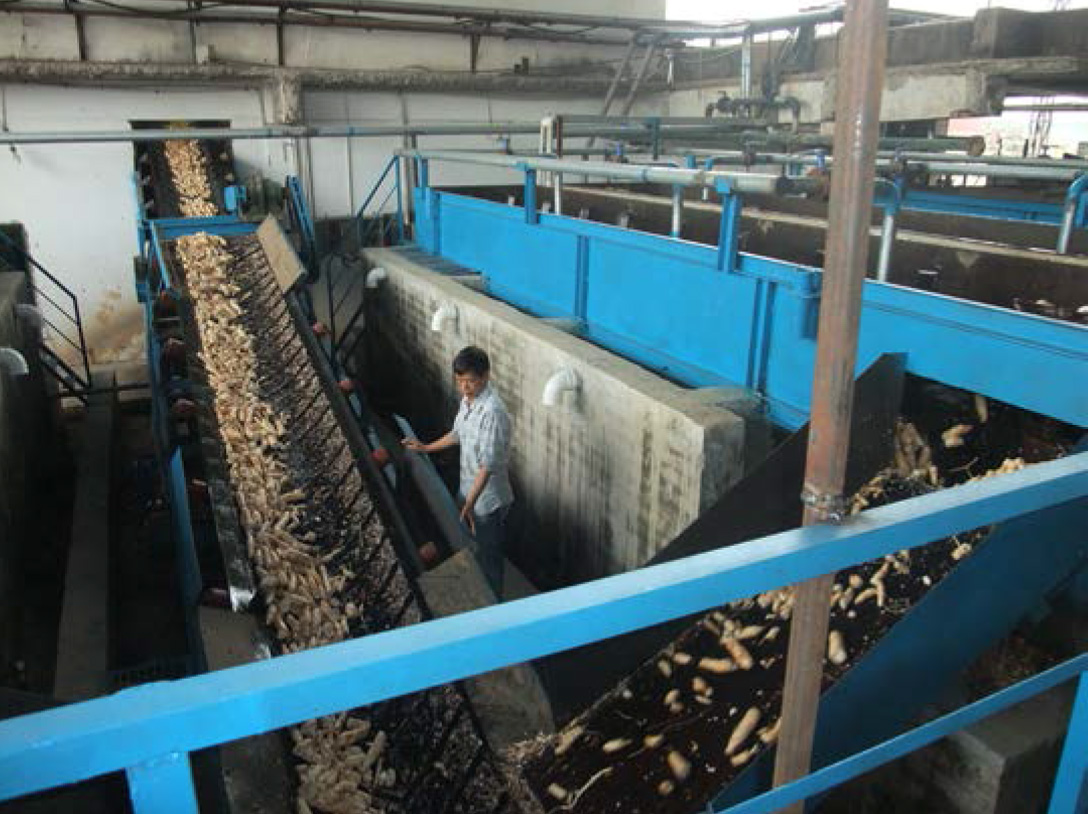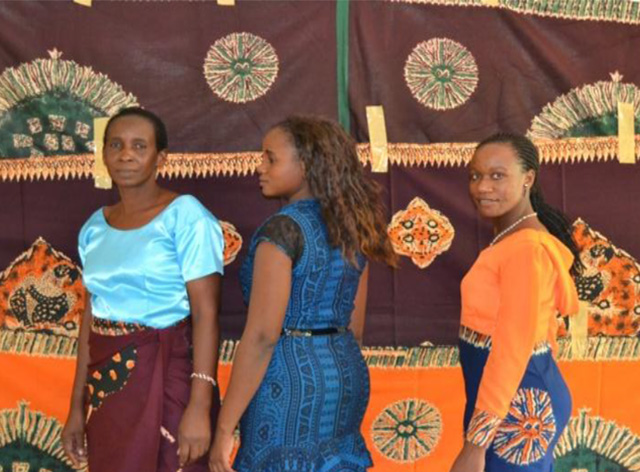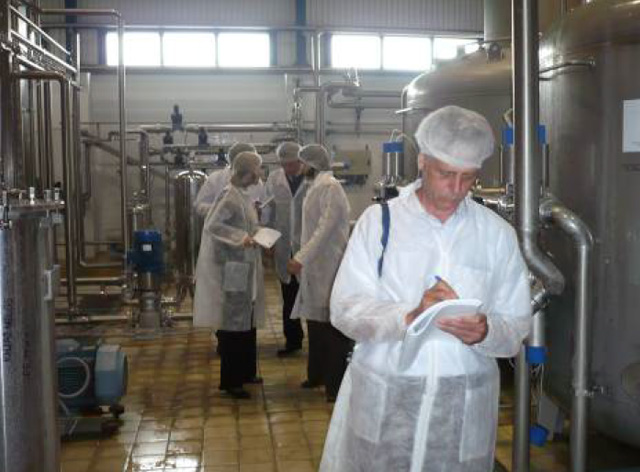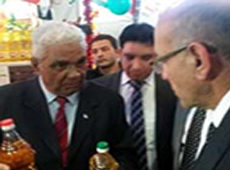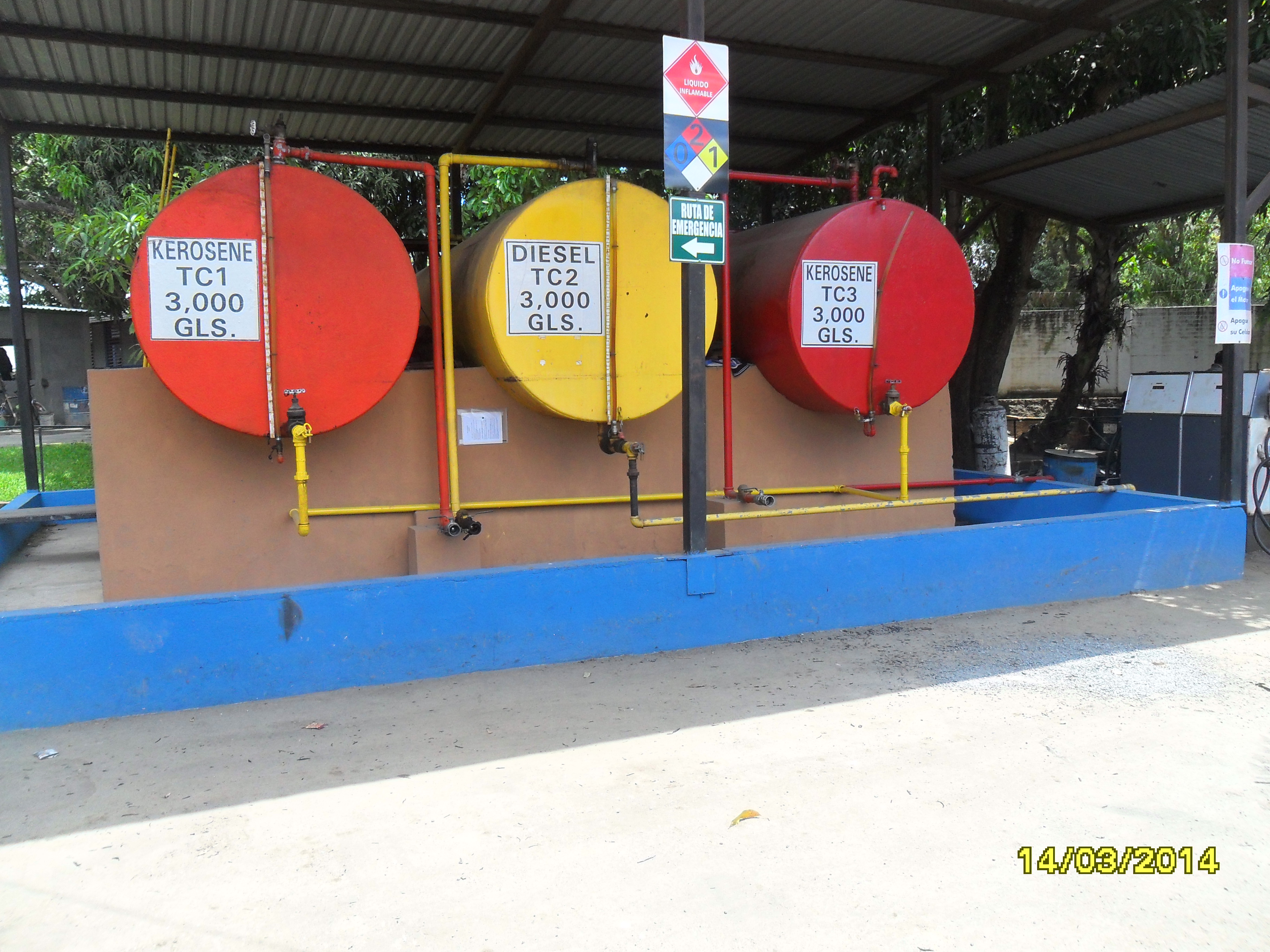GreenCo Rating System Piloted throughout India

SMEs have reported an annual saving of USD 110,000 because of GreenCo interventions.
The GreenCo Rating System is an effort pioneered by the Confederation of Indian Industry (CII) – Sohrabji Godrej Green Business Centre to determine how well individual companies perform according to select ‘green’ criteria.
The rating system, promoted together with UNIDO, offers an innovative assessment method for RECP across a wide variety of manufacturing sectors in India. To date, 225 companies are pursing the rating programme, out of which 95 have already been certified according to the system’s three-tiered ranking. GreenCo Rating has also found high interest amongst SMEs, with 34 SME units registered and 6 already certified.
Click here to read more, or contact CII – Godrej GBC.





